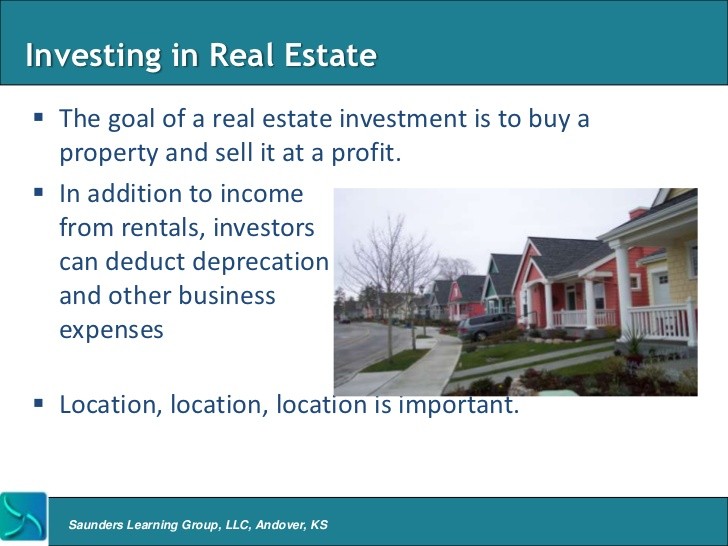Rental Property Investing A Concise Guide
Post on: 16 Март, 2015 No Comment

Dec 20, 2014
Rental property investing comes with certain caveats which, depending on the property’s location including state, city and municipality are not within the investor’s control; for example, rental laws and regulations in Chicago or Florida differ from those in New York City (NYC), in the sense that apartments in NYC must be rented pursuant to Rent Stabilization and Rent Control regulations, whereas rentals in the other states mentioned are not subject to the same regulations and/or guidelines.
Also of significant concern to a rental property investor acquiring property in New York City (the five boroughs) is the probability of lost income based on NYC’s Landlord-Tenant laws, whereas non-paying tenants are often permitted by the courts to remain in their apartments for significant periods (sometimes ninety days and more depending on the particular circumstance) during which time landlords are not assured of receiving the agreed-upon rental payments. That having been said, once the jurisdiction has been decided upon, a location that most suitably meets the investor’s financial requirements should be sought out.
However, such a location must be conducive to the needs of individuals who will occupy apartment units in the rental property, not necessarily the needs of an owner/investor, although where a property is located will likely dictate the kind of tenants that will be attracted to it. Some tenants may not drive, so access to public transportation will be an important factor in determining the location of a rental property. Other factors to consider when investing in rental properties include proximity to schools, shopping and other amenities to accommodate tenants; but there are additional factors to consider.
Management of the rental property must be determined, and a budget created in that regard if the owner / investor decides against an active role in managing his/her rental property. Fees charged by management companies can be in the range of ten percent to fifteen percent of annual rental income and therefore becomes another expense added to an already comprehensive list of expenses. On the other hand the property owner might prefer a hands-on approach and decide on self-management, in which case s/he will need to be adequate to the tasks specific to landlord/tenant relationship and laws as well as responsibilities of the respective parties, and personal interaction with his/her tenants.
Andrew Beattie, in his Investopedia article Top 10 Features Of A Profitable Rental Property. lists a number of factors an investor should consider when searching for the right rental property. Included in the list are Property Taxes, Jobs, Crime and Natural Disasters, among other items; and it is true that a rental property investor should be concerned with these factors, as well as those already mentioned above, but property taxes might be the only item within a property owner’s control, and only to the extent that s/he may qualify for a reduction in this tax, depending on the municipality in which his/her rental property is located; so it is important to focus on the most important, controllable elements.
Among the important requirements a rental property owner must familiar his/herself with is a proper and adequate insurance policy, which should provide coverage for fire, liability, Acts of God events like storms, hurricanes and floods, among others; as well as occurrences like vandalism and lost rents, or any other manner of coverage recommended by a capable insurance agent. Mr. Beattie suggests a visit to the zoning department for information related to developments scheduled to take place, if any; and the reasoning behind this course of action is to determine if many new condos, business parks or malls [will be] going up in your area since, as he continues, it is probably a good growth area due to on such scheduled developments.
This is an excellent suggestion which could provide valuable information on which to base a decision to purchase the rental property; or to look elsewhere if the kind of development scheduled to take place is not considered community or value enhancing structures such as factories, mega stores, industrial parks and other such structures that can have a negative impact on property values; but might also be considered hazardous to tenants’ health and/or peaceful and secure enjoyment of their surroundings. In addition to the above, a rental property investor must also consult with, and include in any property management budget, the cost of a capable and reliable maintenance team which can be available within a reasonable time after a tenant makes an emergency call.
In other words, an on-call team, since an investor/landlord will at times be judged by the response time and abilities of those s/he depends on to provide essential maintenance services for tenants. This team might consist of a general contracting company, or a hand picked team of skilled individuals such as plumbers/heating contractors, electricians, painters, carpenters, general repairmen and other such persons who will work at reasonable enough rates which the landlord could comfortably afford.
Ultimately, when considering investing in rental property the idea is to keep expenses reasonably low and monthly rents at a rate that is not seen as top of the market, but substantial enough to provide the landlord with an acceptable income flow, and the tenants with an above average appreciation of the service provided which should create a perfect balance which can also be seen as a satisfactory or win-win relationship between the landlord and the tenants with whom s/he must interact.
For more information visit: www.PremiumPartnersAndAssociates.com














